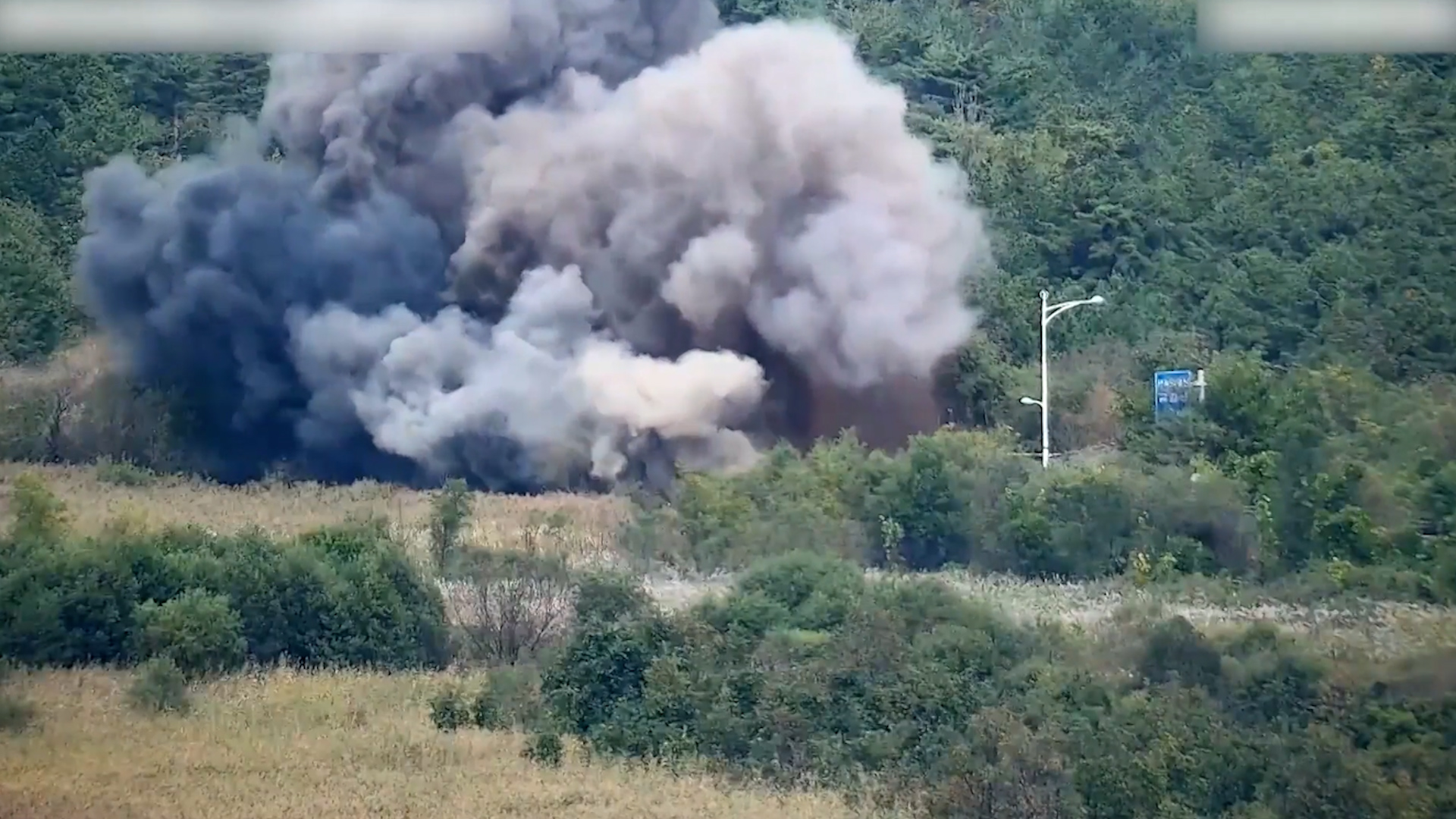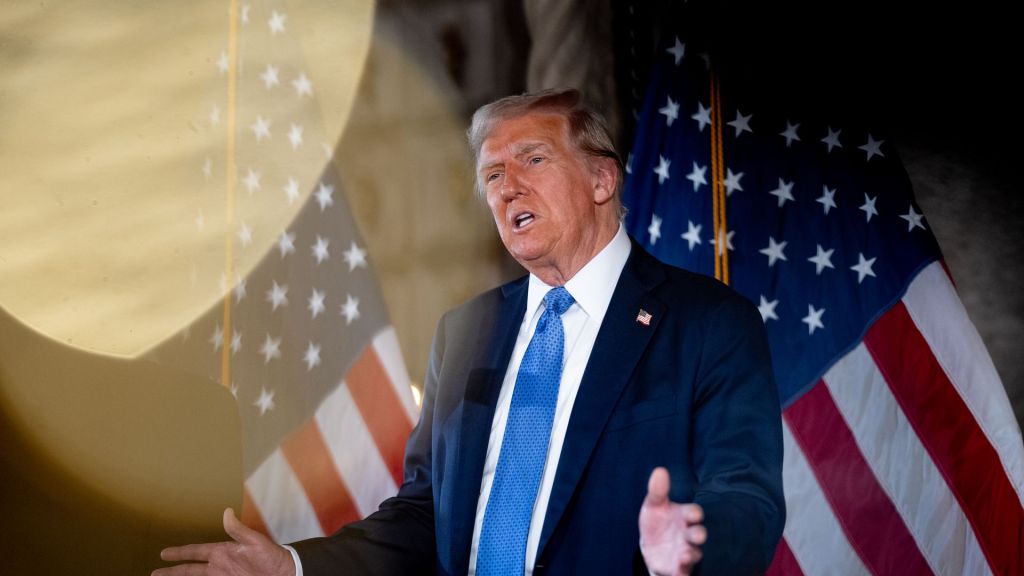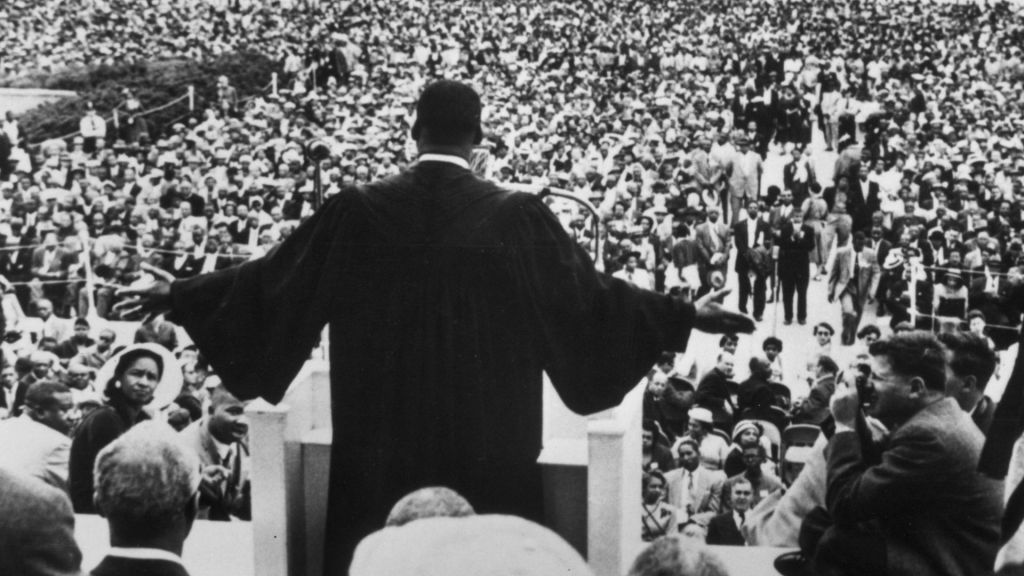
[CRAIG NIGRELLI]
NORTH KOREA CARRIED OUT A SERIES OF EXPLOSIONS ON TUESDAY, DESTROYING SECTIONS OF UNUSED INTER-KOREAN ROADS AND RAIL LINES ON ITS SIDE OF THE HEAVILY FORTIFIED BORDER WITH SOUTH KOREA. THE SOUTH KOREAN MILITARY CONFIRMED THAT THE BLASTS OCCURRED ALONG THE GYEONGUI LINE AND DONGHAE LINE, WHICH CONNECT THE TWO KOREAS. THESE ACTIONS FOLLOW NORTH KOREA’S RECENT DECLARATION THAT IT WOULD CUT ALL RAIL AND ROAD LINKS WITH THE SOUTH AND FORTIFY ITS BORDER, SIGNALING A FURTHER BREAKDOWN IN RELATIONS.
ACCORDING TO THE SOUTH KOREAN JOINT CHIEFS OF STAFF, THE NORTH DEPLOYED HEAVY EQUIPMENT NEAR THE AFFECTED AREAS TO CONTINUE DISMANTLING THE INFRASTRUCTURE. IN RESPONSE, SOUTH KOREAN FORCES FIRED WARNING SHOTS SOUTH OF THE MILITARY DEMARCATION LINE, ALTHOUGH THERE WAS NO DAMAGE REPORTED ON THE SOUTH KOREAN SIDE.
SOUTH KOREA’S UNIFICATION MINISTRY CONDEMNED THE ACT, CALLING IT A VIOLATION OF PREVIOUS AGREEMENTS, AND DESCRIBED THE NORTH’S ACTIONS AS “HIGHLY ABNORMAL.”
TENSIONS HAVE BEEN RISING OVER THE PAST YEAR, WITH NORTH KOREAN LEADER KIM JONG UN OFFICIALLY DESIGNATING SOUTH KOREA AS A “HOSTILE STATE” IN DECEMBER 2023. THE NORTH HAS ENGAGED IN VARIOUS PROVOCATIVE ACTIONS, INCLUDING SENDING “TRASH BALLOONS” ACROSS THE BORDER SINCE MAY 2024, A RESPONSE TO SIMILAR BALLOON LAUNCHES BY ANTI-REGIME ACTIVISTS IN SOUTH KOREA. PYONGYANG HAS ALSO ACCUSED THE SOUTH OF FLYING DRONES OVER ITS TERRITORY AND DISTRIBUTING ANTI-NORTH KOREA LEAFLETS, FURTHER HEIGHTENING HOSTILITIES.
LAST WEEK NORTH KOREA REPORTEDLY COMMUNICATED WITH U.S. FORCES STATIONED IN SOUTH KOREA ABOUT ITS PLANS TO FORTIFY THE BORDER, IN AN ATTEMPT TO AVOID ANY MISUNDERSTANDINGS OR ACCIDENTAL CONFLICTS. DESPITE THIS, TENSIONS REMAIN HIGH, WITH SOUTH KOREA WARNING THAT ANY PROVOCATION FROM THE NORTH WILL BE MET WITH STRONG RETALIATION.
THE DESTROYED RAIL LINES AND ROADS WERE INITIALLY PART OF INTER-KOREAN COOPERATION PROJECTS ESTABLISHED AFTER A 2018 SUMMIT, WHEN THE TWO KOREAS MADE EFFORTS TO RESTORE CROSS-BORDER CONNECTIVITY. SOUTH KOREA INVESTED OVER $132 MILLION IN THESE PROJECTS THROUGH LOANS TO THE NORTH, WHICH PYONGYANG REMAINS OBLIGATED TO REPAY. THIS IS NOT THE FIRST TIME NORTH KOREA HAS DESTROYED INFRASTRUCTURE TIED TO INTER-KOREAN AGREEMENTS; IN 2020, IT BLEW UP A JOINT LIAISON OFFICE ON ITS SIDE OF THE BORDER AFTER NUCLEAR TALKS WITH THE UNITED STATES COLLAPSED.
FOR MORE OF OUR UNBIASED — STRAIGHT FACTS REPORTING — DOWNLOAD THE STRAIGHT ARROW NEWS APP OR VISIT US AT SAN – DOT – COM.











